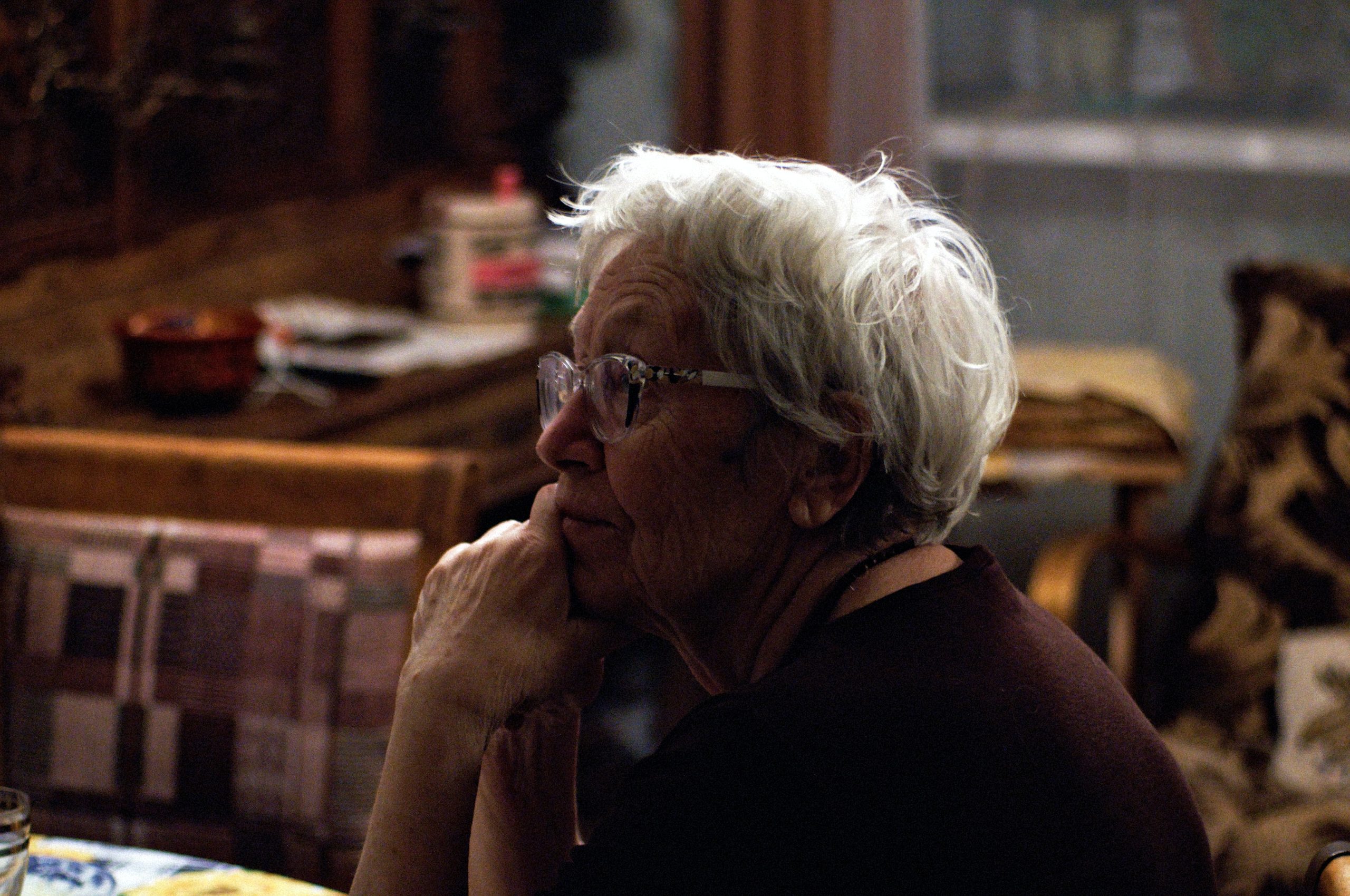Seniors and Loneliness
By Dr. Marilyn B. Field/Senior Healthcare Advisors
“We long to belong, and belonging and caring anchors our sense of place in the universe.” –Patricia Churchland, a contemporary neuroscientific philosopher.
Deteriorating health, life changes, shrinking social circles, and transportation challenges can lead to isolation for seniors. Isolation then turns into loneliness which can have devastating effects on the individual’s overall quality of health and wellness. Fortunately, there are several things you can do to prevent loneliness for yourself and other seniors in your life.
The Health Risks of Loneliness
One misconception in regards to loneliness is that you have to be alone to feel alone. In fact, seniors can experience loneliness when in a room full of people. Loneliness is the perception of feeling isolated, disconnected, or being alone. You may be or know a senior who is one of the 43 million seniors who feel lonely on a daily basis.
Physical Consequences of Loneliness
- Isolation is a risk factor as serious as high cholesterol, smoking, and obesity
- Loneliness increases the risk of depression, increases cortisol levels (stress hormone), and can cause hypertension (high blood pressure).
- Seniors with a small amount of social interactions or those feeling lonely are at a 30% higher risk for stroke and heart disease.
- Loneliness causes a faster decline in cognitive abilities when compared to those who stay socially active (Global Council on Brain Health, 2018).

The Benefits of Staying Connected
If loneliness hurts your overall quality of life, it makes sense that staying socially active can improve it. A vast review conducted by the Global Council on Brain Health (2018) and other scholarly literature reviews on the subject backs that up.
Why is that?
When we no longer feel grounded, we tend to lose our sense of self. This is the same way we respond to physical threats with an increase in stress hormone levels (cortisol) which has a plethora of negative effects.
Social interactions help us to feel connected. When we belong, we feel emotionally supported, which makes us feel important to others. This carries us a long way toward feeling more positive and healthy.
Solving the Senior Loneliness Problem
If you want to find out if you or your loved one is experiencing loneliness or social isolation click here https://connect2affect.org/assessment/. It helps identify key risk factors, and it offers suggestions for getting more connected. In fact, a 2015 study found that the mental health benefits of regular face-to-face social interactions — especially among seniors — reduce the risk of depression.
Things you can try:
- Set up an afternoon tea party with a friend or a group of friends.
- Go to lunch or have someone over for lunch on a weekly basis either at home or out.
- Invite a friend to take a walk in the park on a regular basis
- Buy a pet
- Attend online chat meetings about your favorite topic or hobby.
- Volunteer at the local civic group or nonprofit.
- Attend get togethers at your local religious or spirituality venue
- Join a card club (Bridge, Canasta, etc.).
- Move to a senior living community. They are a great way to stay socially active through dining venues, clubs, and events. Also your neighbors will most likely be in the same age group.

